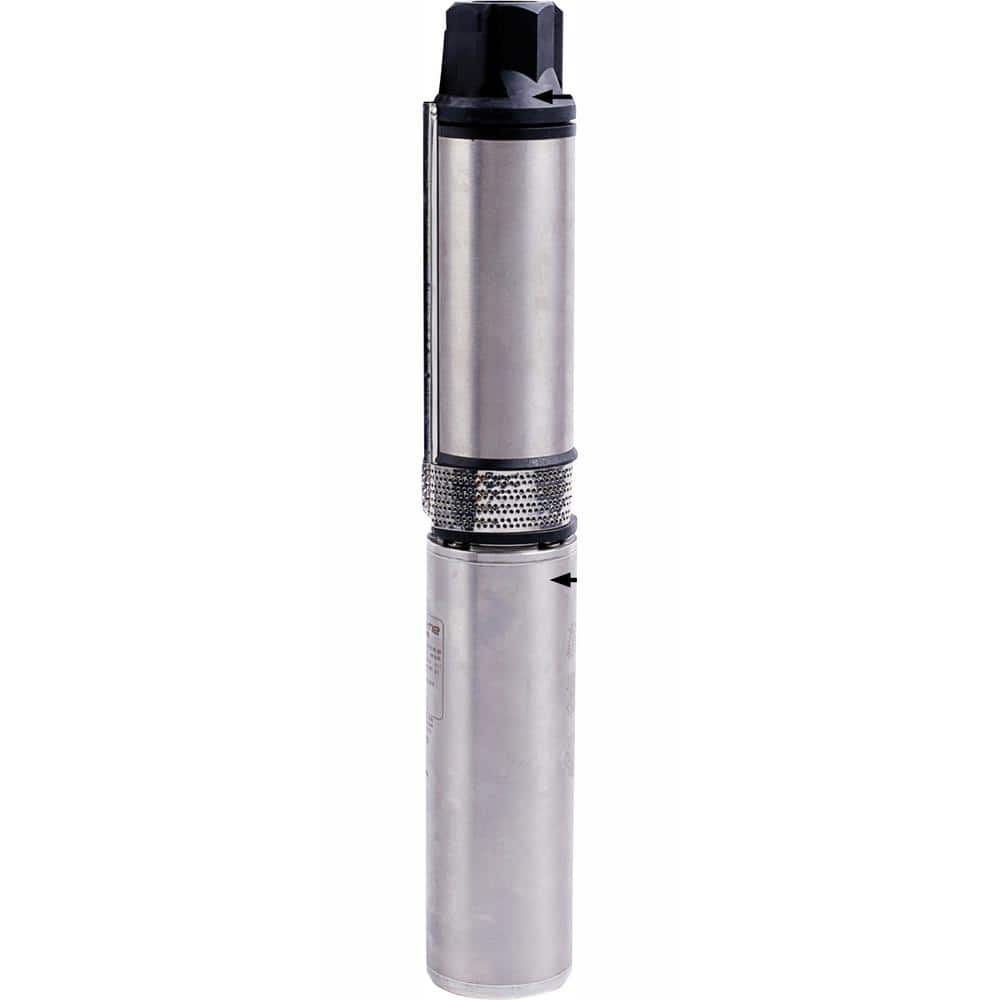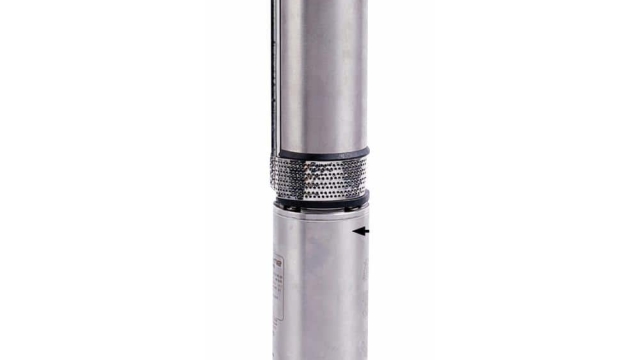
Welcome to the fascinating world of submersible pumps! In this article, we will dive deep into the functionality and applications of these remarkable machines. Submersible pumps have revolutionized various industries by offering efficient and reliable pumping solutions in challenging environments. Whether it’s removing water from flooded basements, draining construction sites, or transferring liquids in mining operations, these pumps have become indispensable.
One leading player in the field of submersible pumps is "slurrypumpdm," the online platform of Taian OCEAN Pump Co., Ltd. This reputable company specializes in manufacturing and exporting heavy-duty submersible pumps that are renowned for their durability and performance. With a commitment to technological innovation and customer satisfaction, they have established themselves as a reliable source for high-quality pumps.
Join us as we explore the inner workings, advantages, and diverse applications of pump submersible technology. From understanding the basic principles behind their operation to discovering their impact on various industries, this article will provide you with valuable insights into the world of submersible pumps. So, buckle up and get ready to plunge into this exciting journey!
Types of Submersible Pumps
There are different types of submersible pumps available in the market, each designed for specific applications. In this section, we will explore some of the commonly used submersible pumps and their key features.
-
Utility Submersible Pumps: These pumps are versatile and can handle various water-related tasks. They are commonly used for draining pools, basements, and construction sites. Utility submersible pumps are portable and designed to handle both clean and dirty water.
-
Sewage Submersible Pumps: As the name suggests, these pumps are specifically designed for handling sewage and wastewater. They are capable of pumping solid waste and are often used in municipal wastewater treatment plants, as well as residential and commercial sewage systems.
-
Deep Well Submersible Pumps: These pumps are designed to deliver water from deep underground sources, such as wells and boreholes. They are typically used in agricultural, industrial, and residential applications where water needs to be extracted from great depths.
Each type of submersible pump has its own set of features and specifications, making it suitable for specific tasks and environments. Understanding the different types will help you choose the right pump for your needs.
Remember to consult with experts or professionals in the field to ensure you select the most appropriate submersible pump for your specific requirements.
Applications of Submersible Pumps
Submersible pumps find wide-ranging applications across various industries and sectors due to their efficiency and versatility. Let’s explore some of the key applications where these pumps are extensively used:
-
Residential and Commercial Water Supply:
Submersible pumps are commonly employed for providing a reliable water supply to residential and commercial buildings. Whether it’s for domestic use or irrigation purposes, these pumps can effectively draw water from underground sources, such as wells or boreholes, and deliver it to the required areas. Their submersion in water ensures quiet operation and eliminates the need for priming. -
Mining and Construction:
In demanding environments like mines and construction sites, submersible pumps play a vital role. These pumps are designed to handle various fluids, including corrosive and abrasive liquids, making them well-suited for dewatering large excavations, underground mining operations, and tunneling projects. The robust construction and powerful performance of submersible pumps make them reliable tools for removing unwanted water from worksites. -
Waste Water Management:
The efficient handling of wastewater is a critical aspect of environmental sustainability, and submersible pumps contribute significantly to this endeavor. Municipalities and industrial facilities widely utilize these pumps for sewage and wastewater management. Submersible pumps can efficiently handle both raw sewage and treated effluent, ensuring the proper disposal or treatment of waste materials. Their ability to handle solids and sludge makes them valuable assets in wastewater treatment plants and pumping stations.
These are just a few examples of how submersible pumps find applications across diverse industries. Their versatility, durability, and ability to operate in submerged conditions make them indispensable for a wide array of pumping needs. Whether it’s supplying water, dewatering, or managing wastewater, these pumps continue to be a reliable and efficient solution in various sectors.
Features and Benefits of Submersible Pumps
Submersible pumps offer a range of impressive features and benefits, making them a popular choice in various industries. Firstly, these pumps are designed to operate underwater, allowing them to efficiently handle liquids or slurries without the need for external priming. This eliminates the hassle of manually priming the pump and ensures consistent performance.
One notable benefit of submersible pumps is their versatility. They can be used in a wide range of applications, including drainage, sewage treatment, and dewatering in construction sites. Additionally, these pumps are known for their durable construction, capable of withstanding harsh conditions and heavy-duty operations.
Another advantage of submersible pumps is their compact and portable design. They are typically lightweight, making them easy to transport and install. This makes them a convenient choice for both temporary and permanent setups.
Furthermore, submersible pumps are highly efficient and energy-saving. As they are submerged in the fluid they are pumping, there is less friction and energy loss compared to other types of pumps. This results in reduced energy consumption and lower operating costs.
In summary, submersible pumps offer features such as underwater operation, versatility, durability, compact design, and energy efficiency. These attributes make them an excellent option for various pumping requirements, allowing industries to benefit from their reliable and cost-effective performance.

